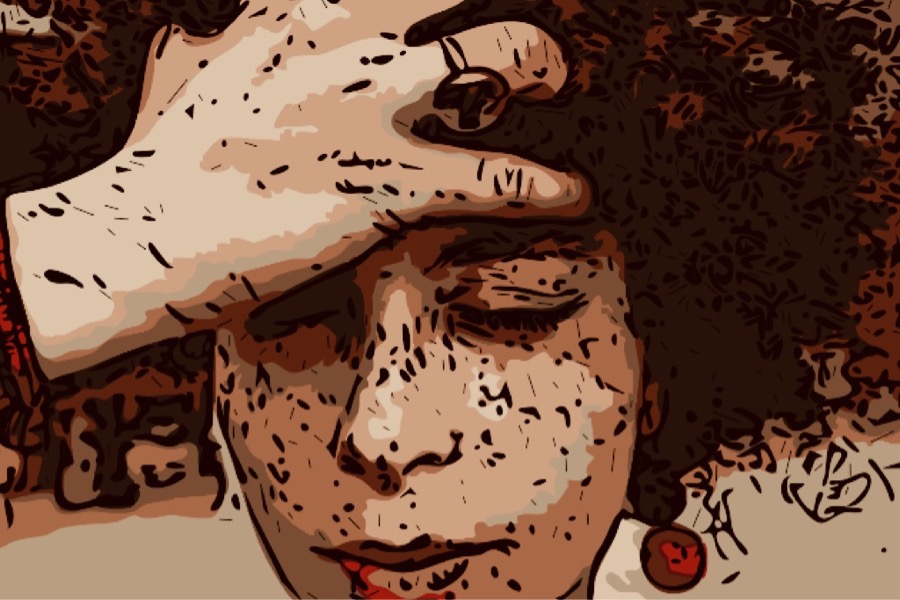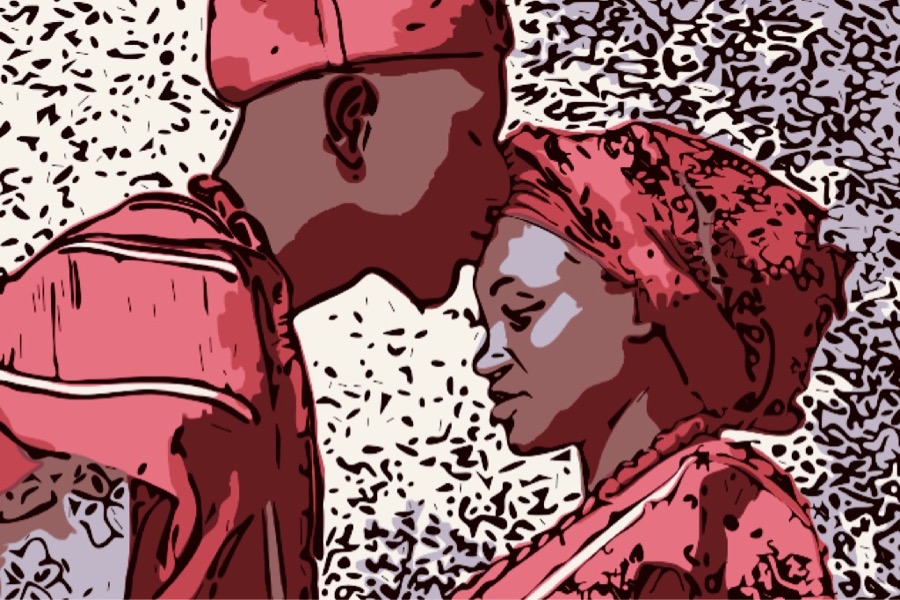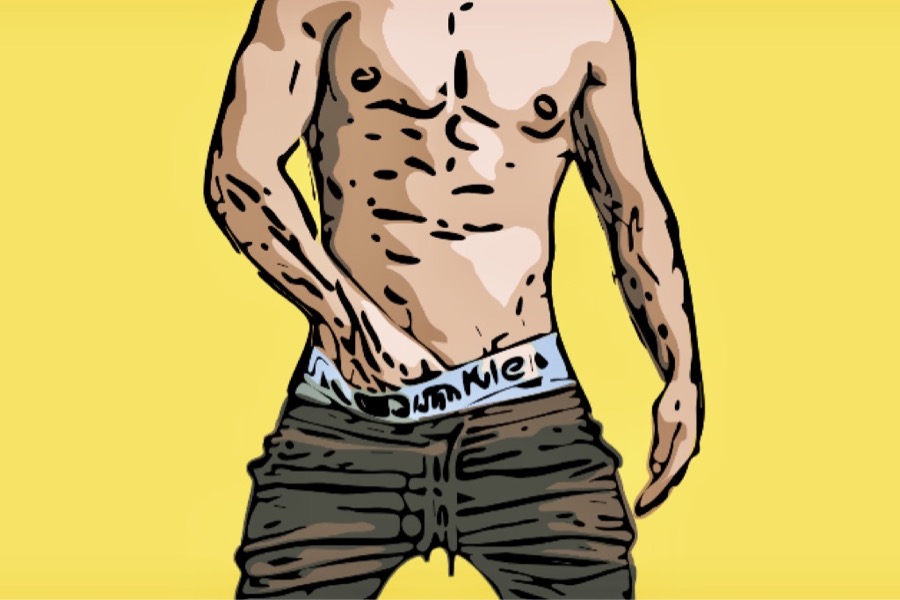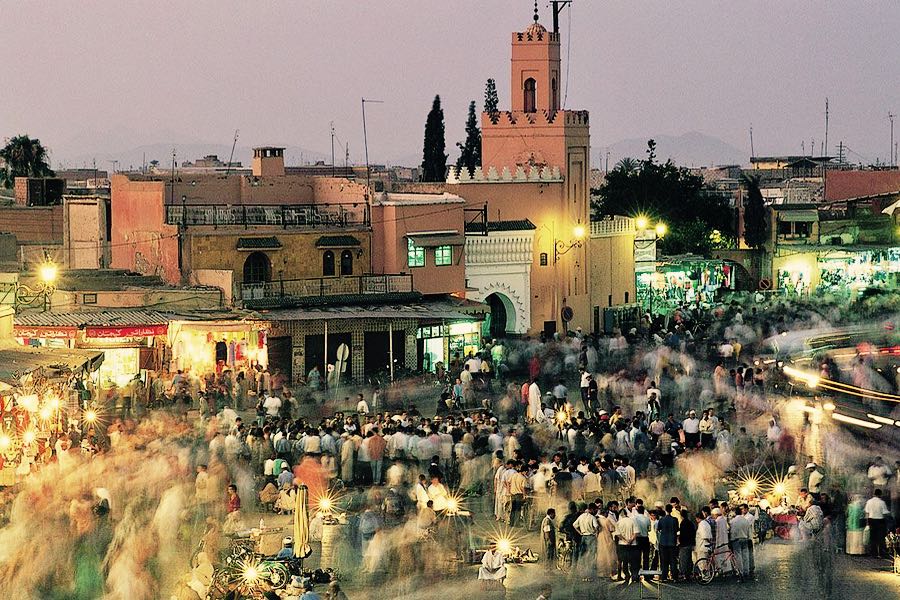The United Nations High Commissioner for Refugees (UNHCR) has a mandate: lead and co-ordinated international action to protect refugees. UNCHR’s ultimate goal is to find durable solutions for refugees. and it aims to address refugees’ problems worldwide. New Zealand, as a member of the UN, handles the refugee resettlement program. New Zealand is playing its role in managing the phenomenon and is one of the 37 countries in the world that accepts an annual quota of refugees. In 1987 the New Zealand Government established a formal refugee annual program. Through this program, 1,000 refugees are resettled per year.
The process is long and complicated. In the first instance, the person applying for refugee status has to be in a different country to the one they are fleeing. The waiting time can be stressful, frustrating and filled with uncertainty. Only once they have been granted refugee status can the resettlement process truly begin. People arriving in New Zealand through this process are generally given information about the country, its geography, cultures, and lifestyle. The aim of providing this information is to prepare people to live in a new country as well as manage some of their fears and expectations.
Arriving in New Zealand
Post-arrival refers to the process people go through once they arrive in the country. Here the first few weeks of this process occurs in Mangere Refugee Resettlement Center (MRRC) in South Auckland. The MRRC is managed by Immigration NZ, who works in partnership with other government agencies and non-governmental organisations. The program aims to build basic social and coping skills and develop the resilience that is useful for refugees; those skills will support them to start a new life. While they are at MRRC they are in contact with a lot of people, cultures and languages. This microcosm mirrors New Zealand’s increasingly multi-ethnic society. It remains a “refugee camp”, but very different from those in Europe. A number of logistical tasks are completed, which include: housing, bank accounts, arranging benefit and money.
When the program is finished, families of former refugees are settled in one of six regions – Auckland, Waikato, Manawatu, Wellington, Nelson, and Dunedin – according to the presence or not of other migrants and refugees from similar nationalities, ethnic or linguistic backgrounds. It’s really important no note that those resettling through the refugee quota become permanent residents and so they are entitled to the same rights as and access to education, health services, employment, and social welfare as any other permanent resident. After five years, they are eligible to apply for citizenship.
I’ve been living in Wellington, the capital, for 10 months and in between January and February I attended a Red Cross volunteer training course. The volunteers’ role, after the training, is to support former refugees’ families. For each family, the Red Cross creates small teams of three or four volunteers, who are supported by a professional multi-disciplinary team composed of educators, translator and cultural advisors. My team is composed of Natalie*, a lady from England, Kate*, a New Zealand uni-student, and me, an Italian educator.

Edna’s family
Our team was tasked in supporting a small Spanish speaking family from Columbia, the 24-year-old young mother Edna* who is heavily pregnant and her 5 years old son, Juan*. They arrived in Wellington on the 22nd of May, and as part of their welcome and introduction to the support team, we cooked them lunch, helped arrange the house and ensured it was suitable for people to live in. First meetings are often awkward, complicated and interesting at the same time, this one was no different. To help me build a relationship with this family I used my rusty Spanish to communicate with them. By the end of the meeting, we felt we got to a good place!
The house assigned to Edna is in a residential area, far away from the city centre, this was not a great fit for Edna, who felt she was far away from everything. The days after our first meeting were filled with sorting out paperwork, health checks and other admin tasks. It was not fun, but we needed to keep going. The focus soon became the pregnancy and imminent delivery, the team at Red Cross decided a plan was needed.
Intercultural problems
During a meeting with the midwife, there was a breakdown in communication due to cross-cultural differences and Edna’s emotional reactions. Edna’s reactions are familiar to me, as Italian and some aspects of Latin American culture are similar: we cry, get emotional, get angry and mad, we are empathetic and love emotions in a more visible way than English or Kiwi culture. So, I could see and understand the impact New Zealand cultural responses were, that often dismiss feelings and emotions with statements like: “It will be fine” and “you’ll be fine.” I decided to let the team at the Red Cross know via email highlighting the importance of understanding people’s behaviour from a cultural lens. The excellent Red Cross team were not thinking about Edna’s emotional needs, they were attending to practical ones.
A meeting was set up to discuss the issues I raised and plan together how to move forward. At the end of the meeting I was left with feelings of uncertainty and emptiness, as we had not reached a shared understanding of what needed to happen next. Luckily somethings shifted and we started interacting and working in a different way.

A new life, finally
That same day, at 2 pm, we were supporting Edna at a Work & Income meeting. While we were in the meeting room, I asked her in Spanish “How are you?” she replied that while she was in the shower, earlier, she was having some painful contractions, so she inserted 2 fingers and could feel the baby’s head. Alarm bells went off inside me. We decided to take her straight away to the hospital, which luckily was just across the road. After a couple of hours in the hospital, the imminent birth was confirmed. The medical staff induced the birth and Yamile* was born at 4 a.m., on the 31st of May.
During labour Edna sang, talked to me about her love life in Columbia. She told me about being bisexual and her complicated violent past, and she hopes to start a new life here. I feel she deserves it! That night I was supporting her during the birth; it was an amazing experience. We all worked together as a team for Edna and her family.
Revealed vulnerabilities
Yamile is now a two-month-old baby. In the weeks after the birth, we are now working towards a pathway to independence, dynamics in my relationship with Edna have changed, and new complications have arisen. Edna, somehow, is often pushing me away and, at the same time, trying to get close to me. She believes that during the birth I overstepped my boundaries and I broke her trust; after saying something like this she says she is really sorry for her behaviour. She does this with me and the other volunteers, and I feel she is probably feeling ashamed, vulnerable and is experiencing an emotional rollercoaster of ups and downs. Maybe, as one friend of mine suggested, “To be seen in our most vulnerable moments at times can make us feel like we are at the mercy of others, as though we have lost a part of ourselves and we gave it to someone else who is now able to see those parts of us that were protected up until now”.
Whatever happens from here, it is going to be important for my professional and personal growth, an opportunity to reflect on the future and the deep importance of human connections and relationships. If it is a “superpower to allow ourselves to be vulnerable”, the journey is to increase our capacity to be with our fragile and vulnerable self. This is a long delicate process and everyone has their own story in their backpack. This woman’s resilience and determination are supported by a country who has the resources that allow starting a new life. Everybody deserves to be happy. Everywhere. I believe change is still possible. And I believe in change.
And now here I am / Where impossible things are possible.
Giulia Carloni
©2019 Il Grande Colibrì
pictures: elaboration from Pedro (CC BY 2.0) / Il Grande Colibrì / elaboration from Claudia Barbosa (CC0)
* Names have been changed.




